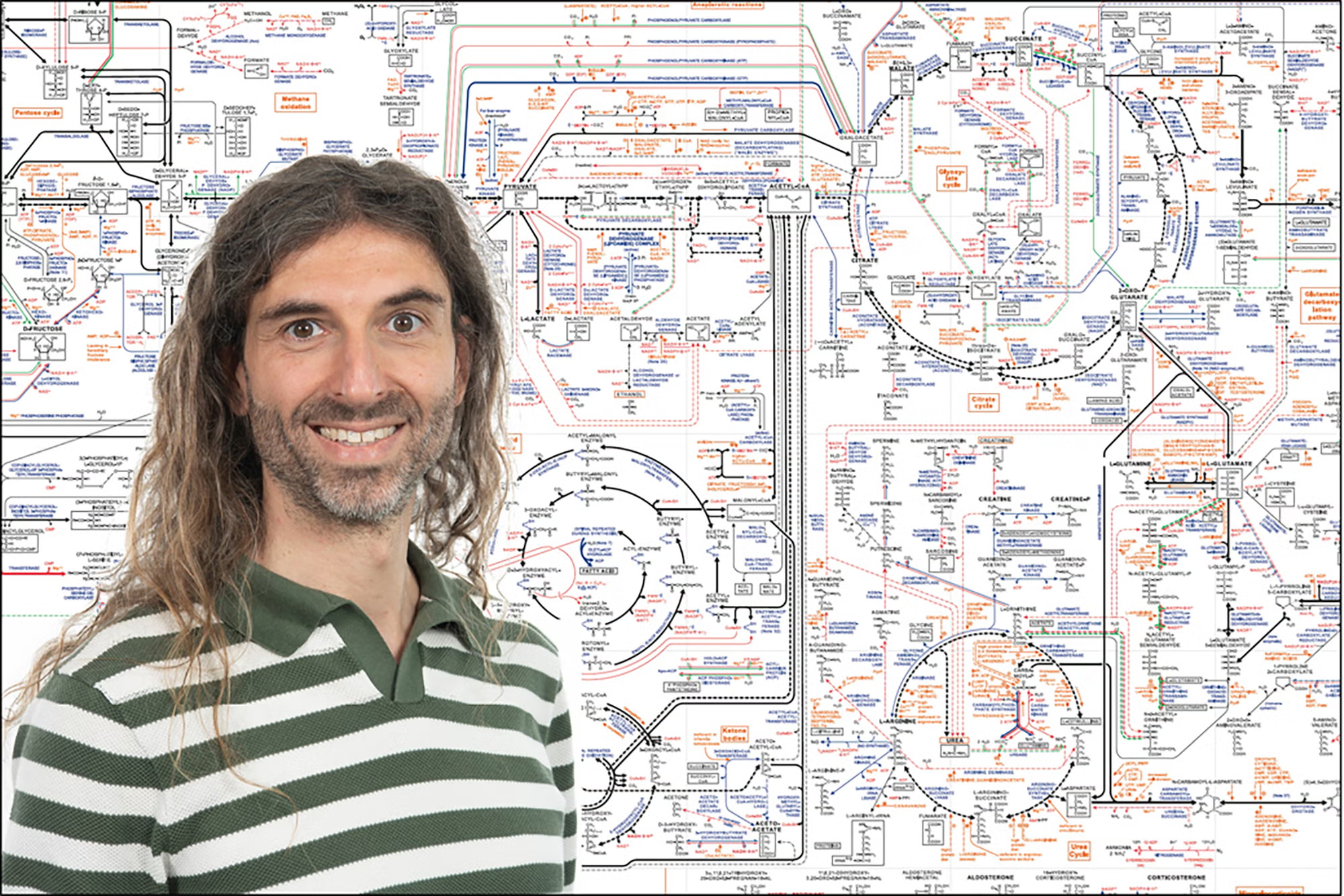Your support helps us to tell the story
Support NowThis election is still a dead heat, according to most polls. In a fight with such wafer-thin margins, we need reporters on the ground talking to the people Trump and Harris are courting. Your support allows us to keep sending journalists to the story.
The Independent is trusted by 27 million Americans from across the entire political spectrum every month. Unlike many other quality news outlets, we choose not to lock you out of our reporting and analysis with paywalls. But quality journalism must still be paid for.
Help us keep bring these critical stories to light. Your support makes all the difference.
New research has found that a mineral found in Brazil nuts could be the key to stopping the spread of triple negative breast cancer.
Triple negative breast cancer can be hard to treat but is often manageable through therapy and surgery, unless it spreads to other parts of the body when it can become inoperable.
The study, funded by Cancer Research UK, suggests that limiting the antioxidant effects of selenium, a popular ingredient of multivitamin supplements found in everyday foods such as nuts, meat, mushrooms and cereals, could be the secret to controlling this form of the disease.
The action of selenium, a key antioxidant, was assumed to be useful in fighting against cancer cells.
However, the research found that cancer cells are in great need of selenium, especially when the cells are sparse, away from densely packed cell clusters.
Once packed together, triple negative breast cancer cells produce a type of fat molecule containing oleic acid (commonly found in olive oil) which protects them from a type of cell death called ferroptosis brought on by selenium starvation.
The research, published in EMBO Molecular Medicine, shows that when triple negative breast cancer cells are not clustered together, such as when they are moving to other parts of the body, they cannot survive without selenium.
When the research team at the Cancer Research UK Scotland Institute in Glasgow interfered with the metabolism of selenium in these sparse cancer cells, they found that they could kill them, particularly those in the blood circulation seeking to spread to the lungs.
The discovery has raised hopes for the development of new treatments that could help stop the disease spreading.

Research lead, Dr Saverio Tardito, of the Cancer Research UK Scotland Institute in Glasgow, and also of the Centre for Cancer Research at the Medical University of Vienna, said: “We need selenium to survive, so, removing it from our diet is not an option, however, if we can find a treatment that interferes with the uptake of this mineral by triple negative breast cancer cells, we could potentially prevent this cancer spreading to other parts of the body.
“It is not usually breast cancer itself that proves fatal as it can often be tackled successfully with treatment or surgery, it is when the cancer spreads that it proves harder to control.
“With triple negative breast cancer having fewer treatments to control it, finding a new way to prevent it spreading could be life-saving.”
About 56,800 people in the UK are diagnosed with breast cancer each year with an estimated 15% of those diagnosed with triple negative breast cancer.
That sort of cancer can be caused by a fault in the BRCA genes which increases the chances of developing certain types of cancer including breast cancer.
Cancer Research UK Science Engagement Lead, Dr Sam Godfrey, said: “Outcomes for patients with triple negative breast cancer can be worse than for other types of cancer.
“Research like this could be the key to preventing this type of cancer spreading, and that would have a transformative effect on how this disease is treated.”

Lisa Bancroft, from Dunfermline, Fife, who discovered she had the genetic fault aged just 27, welcomed the research.
She chose preventative surgery to remove both her breasts and now, aged 32, is still cancer-free.
She said: “Research like this, which potentially gives people with triple negative breast cancer more treatment options, offers so much hope.
“Medical science is making huge leaps forward. For me, the research that uncovered the potentially catastrophic implications of carrying a faulty BRCA gene all those years ago, has changed the course of my life.”
Ms Bancroft’s father and aunt died from cancer, her aunt from triple negative breast cancer.
At the time of her surgery, Ms Bancroft’s six-year-old daughter was aged two and her future is very much in her thoughts.
She said: “When she is old enough, my daughter Emma will also have to decide whether to go for genetic testing to find out if she is affected.
“Medical science is advancing so quickly, so my hope is that by the time this happens, it will be a completely different world.”
Disclaimer: The copyright of this article belongs to the original author. Reposting this article is solely for the purpose of information dissemination and does not constitute any investment advice. If there is any infringement, please contact us immediately. We will make corrections or deletions as necessary. Thank you.



